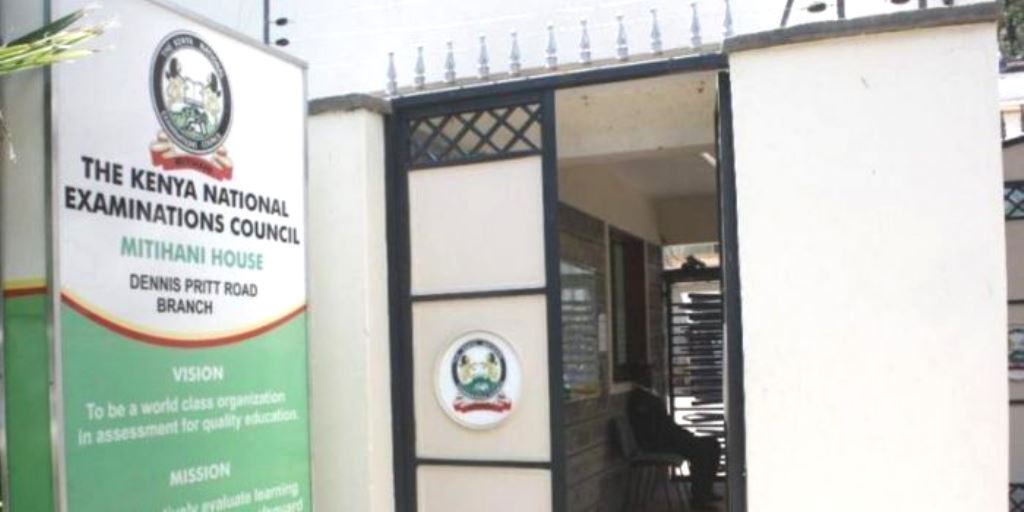When a head of institution has wronged their teacher, it is essential to take proactive steps to repair relationships and rebuild trust. Repenting and making amends can be a powerful way to heal wounds and move forward. To do this effectively, the head of institution should start by acknowledging the wrongdoing and taking responsibility for their actions. This involves recognizing the harm caused and being honest about the role they played in the situation.
A sincere apology is also crucial in the process of making amends. The head of institution should offer a genuine apology, expressing remorse for the hurt or damage caused. This apology should be heartfelt and specific, clearly stating what they are apologizing for and showing understanding of how their actions affected staff. By doing so, the head of institution can demonstrate empathy and validate the feelings of their staff members.
Listening to staff concerns is another vital step in the process. The head of institution should create a safe and supportive environment where staff members feel comfortable sharing their perspectives and concerns. By hearing out their staff and validating their feelings, the head of institution can begin to rebuild trust and demonstrate a commitment to positive change.
Making amends involves taking concrete actions to rectify the situation. This could include changing policies or procedures, providing additional support or resources, or taking disciplinary action against individuals who contributed to the harm. The key is to take tangible steps that address the root causes of the problem and prevent similar situations from arising in the future.
ALSO READ:
Family seeks support for heart surgery to save the life their 17-year daughter
A commitment to change is also essential in the process of rebuilding trust. The head of institution should assure staff that steps will be taken to prevent similar situations in the future and outline a plan for implementing positive change. This could involve providing training or support for staff, revising policies or procedures, or establishing new communication channels.
Finally, the head of institution should follow through on their commitments and consistently work to rebuild trust. This involves demonstrating a long-term commitment to positive change and being accountable for their actions. By doing so, the head of institution can create a more positive work environment and foster a culture of trust, respect, and collaboration.
Repenting and making amends after wronging staff requires a genuine commitment to change and a willingness to take responsibility for one’s actions. By acknowledging the wrongdoing, apologizing sincerely, listening to staff concerns, making amends, committing to change, and following through on commitments, heads of institutions can work to repair relationships, rebuild trust, and create a more positive work environment.
This can lead to improved staff morale, increased productivity, and better outcomes for students. Ultimately, by taking proactive steps to address wrongdoing and promote positive change, heads of institutions can demonstrate their commitment to their staff and to the school community as a whole.
By Hillary Muhalya
You can also follow our social media pages on Twitter: Education News KE and Facebook: Education News Newspaper for timely updates.
>>> Click here to stay up-to-date with trending regional stories
>>> Click here to read more informed opinions on the country’s education landscape






